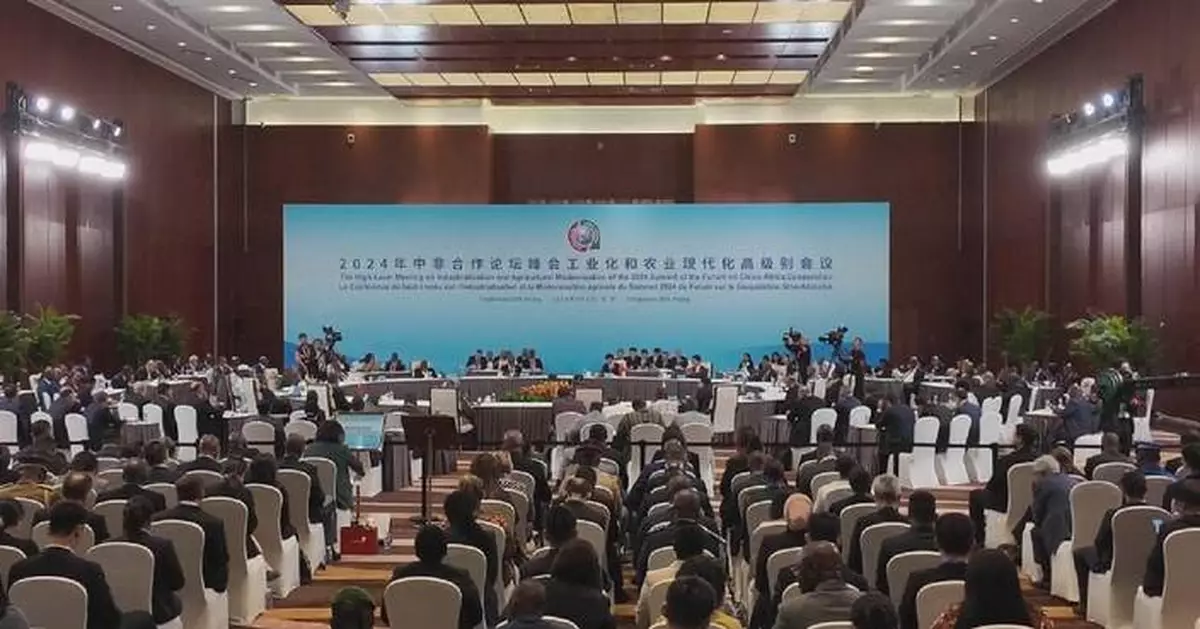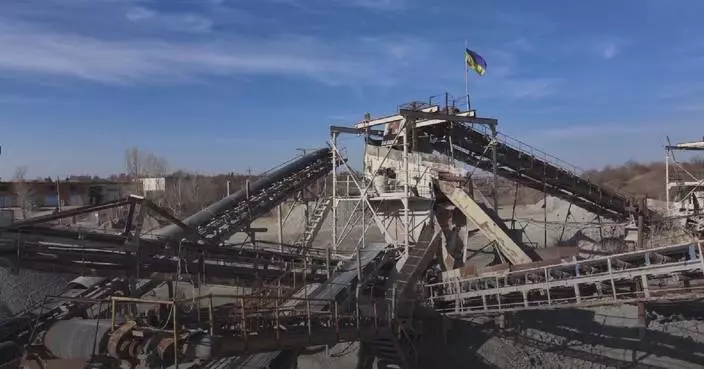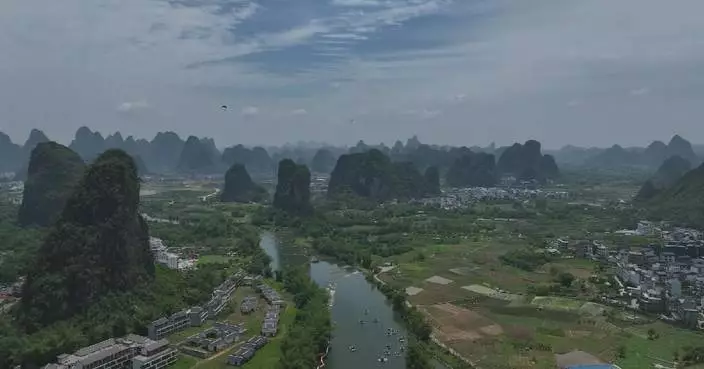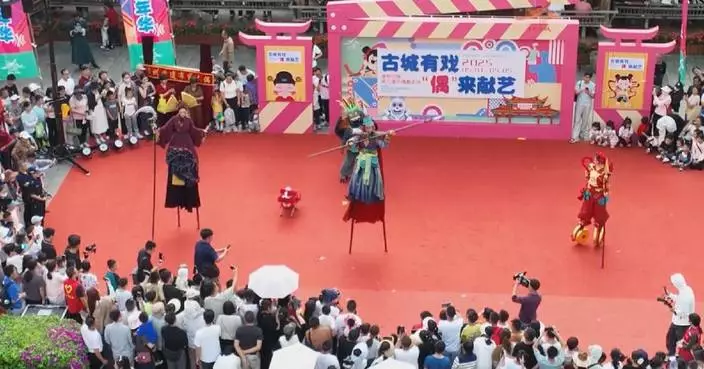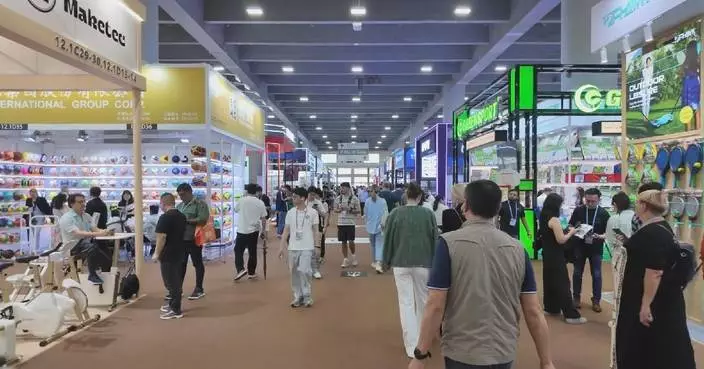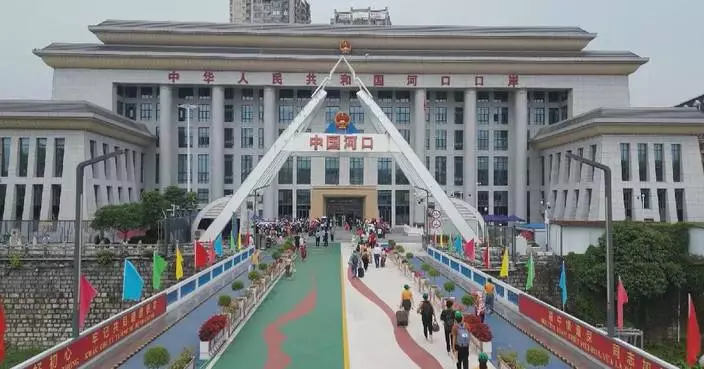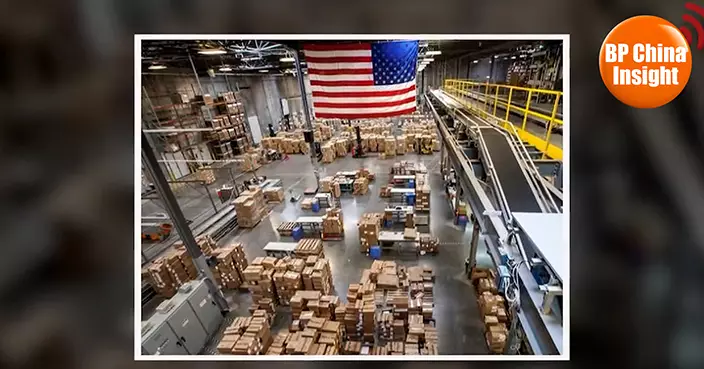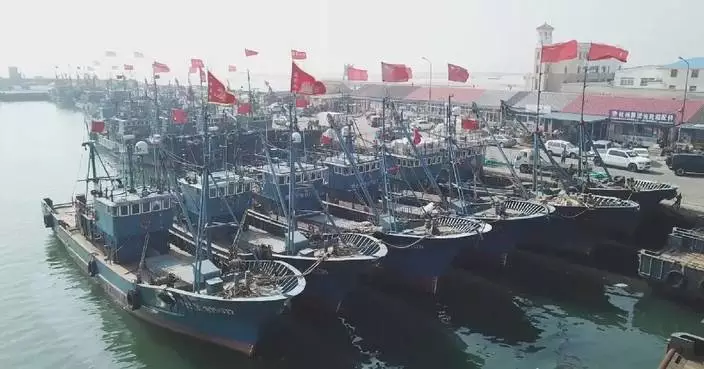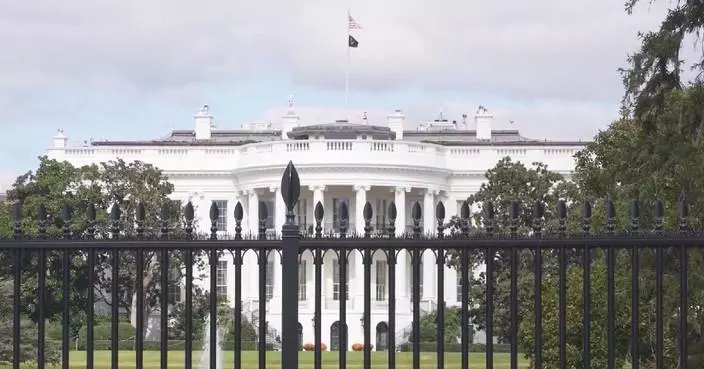China-Africa cooperation has yielded fruitful results and boosted progress in industrialization and agricultural modernization in Africa, said officials from African countries on Thursday.
On Thursday afternoon, a high-level meeting for industrialization and agricultural modernization was held in Beijing as part of the 2024 Summit of the Forum on China-Africa Cooperation (FOCAC). The summit which opened the previous day is the largest diplomatic event hosted by China in recent years, with the highest attendance of foreign leaders.
Leaders from both China and African countries co-hosted the meeting, attended by members of various African delegations.
"We will continue to look at suitable Chinese partners in industry. The range is wide, (including) pharmaceutical, mining, agriculture, agro-industry. We will continue seeking those partners. And we already have well-established places where these companies will link up with Cameroon as to form sustainable partnerships," said Fuh Calistus Gentry, Interim Minister of Mines, Industry and Technological Development of Cameroon.
The 2024 FOCAC summit focuses on "modernization," providing an opportunity to "improve quality and efficiency" in China-Africa cooperation.
In Africa, China has established 17 Luban Workshops, a vocational training program named for a legendary Chinese architect. Among the topics of discussion at the summit was how these workshops have helped inject new growth of local manufacturing and mining industries.
"We need to boost the images of medium or large scale exploitation. This is very important to achieve SDG One and Two, that means zero hunger and alleviating poverty in our country," said Mbairobe Gabriel, Minister of Agriculture and Rural Development of Cameroon
"Lualaba is the one, is the capital of cobalt in the world. We have copper, we are second in the world. We have also lithium that we found. Now we have got nickel, we have got manganese. What we need now is only electricity," said Masuka Saini Fifi, Governor of Lualaba Province of Democratic Republic of the Congo. By the end of last year, China had established 24 agricultural technology demonstration centers in Africa, promoting over 300 advanced agricultural technologies that benefit more than one million smallholder farmers. The development of agricultural and trade cooperation between China and Africa has been robust, with China placing a high value on importing African specialty products, which have experienced a growth rate of over 10 percent for several consecutive years.
In 2023, China became Africa's second-largest destination for agricultural exports.
The 2024 FOCAC summit has produced concrete outcomes, charting a roadmap for China and Africa to work concertedly to pursue modernization, which is poised to enhance South-South cooperation and drive global development.
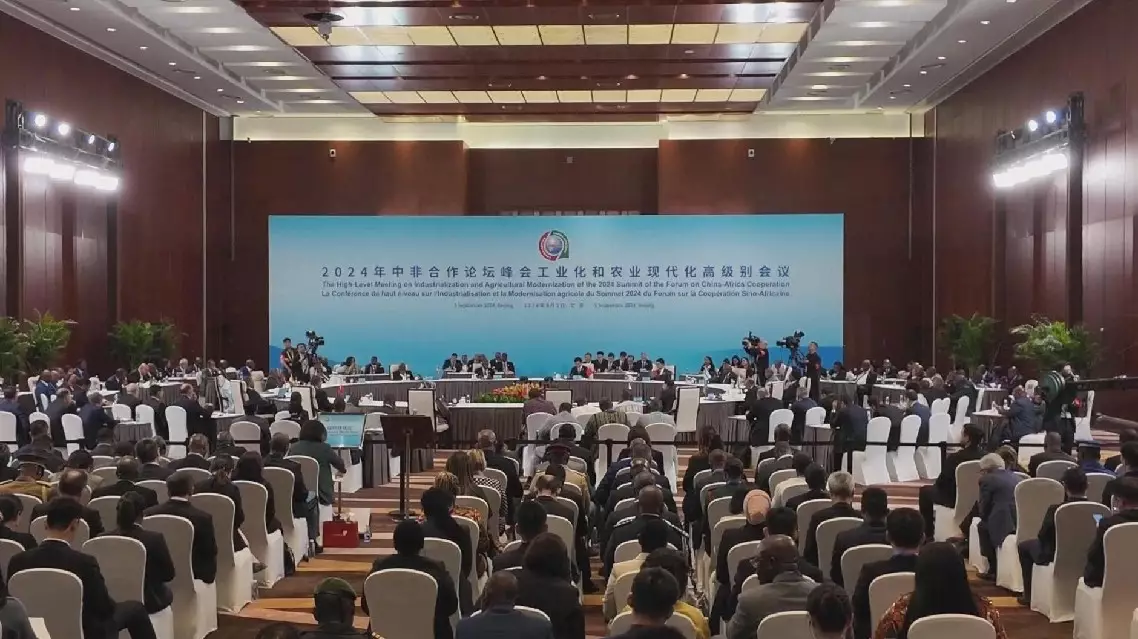
Cooperation with China propels industrialization, agricultural modernization in Africa: officials


